The quest to know the future has fascinated humanity throughout history. From ancient civilizations to the present day, people have turned to various divination techniques in an attempt to unravel the mysteries of destiny. In this extensive article, we will explore some of the most prominent practices of divination, their origins, methods, and their persistence in today's society.
Astrology: The Language of the Stars
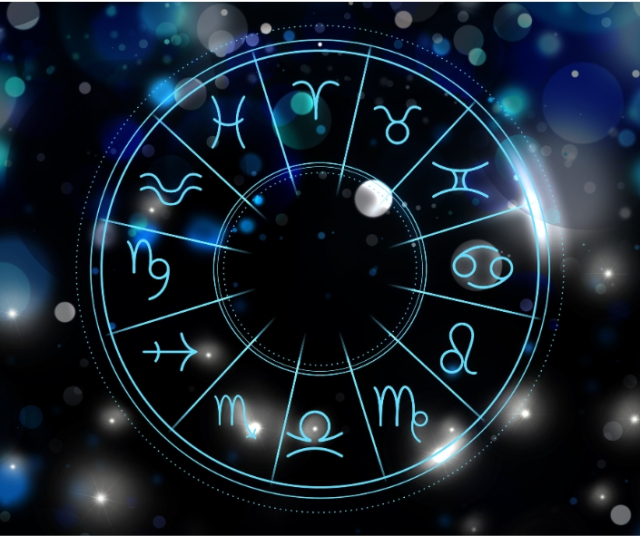
Astrology, based on the observation of celestial movements, has been one of the oldest and most enduring forms of divination. It dates back to the Mesopotamian and Egyptian civilizations, where astronomers studied the sky in search of patterns that could predict events on Earth.
In astrology, zodiac signs, planets, and houses are used to provide information about a person's personality and destiny. Astrologers interpret the position of celestial bodies at the time of birth to make predictions about future life and experiences.
Tarot: Cards that Reveal the Path
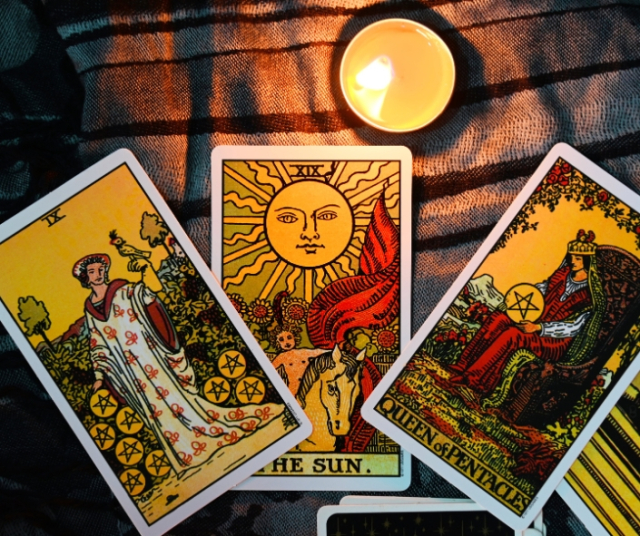
Tarot, with its enigmatic cards full of symbolism, is a form of divination that has captured the imagination of many people over the centuries. Originating in the 15th century in Italy, tarot was initially used as a card game, but over time, it became a tool for divination.
Tarot cards are divided into two groups: the Major Arcana and the Minor Arcana. Each card has specific meanings that readers interpret in the context of a spread. Tarot is used to gain insights into the past, present and future, exploring topics ranging from love and career to spirituality and personal growth.
I Ching: Chinese Divination of Changes
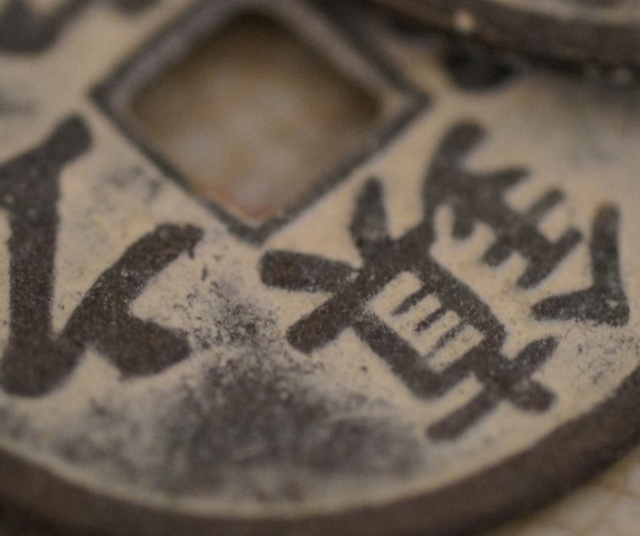
Originating in ancient China, the I Ching, or Book of Changes, is a divination system based on the interpretation of hexagrams made up of continuous and broken lines. These lines represent changes in cosmic energy, and through the manipulation of coins or rods, practitioners generate hexagrams that they then interpret.
The I Ching offers wisdom about the cyclical nature of life and provides guidance for making decisions. It has been used not only as a divination tool but also as a philosophical text that addresses fundamental aspects of the human being and the universe.
Palmistry: Deciphering the Lines of the Hands
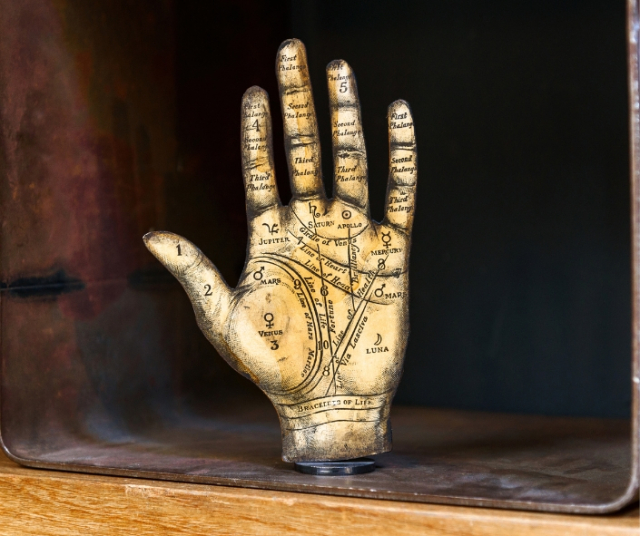
Palmistry, or palm reading, is a practice that dates back to ancient times and is found in various cultures around the world. Palmists interpret the lines, mountains and shapes of the hands to obtain information about a person's personality and destiny.
Major lines, such as the life line, heart line, and head line, are examined in terms of length, depth, and curvature. In addition, mountains and fingers also have specific meanings in palmistry. Although facing skepticism, palmistry remains a popular form of divination today.
Numerology: The Power of Numbers
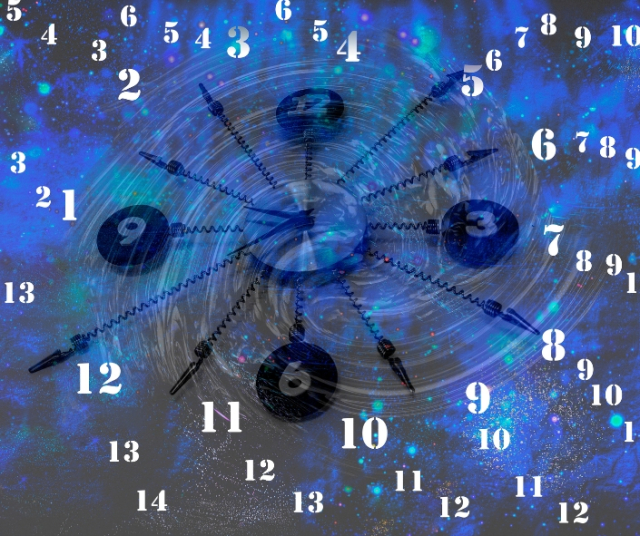
Numerology is a form of divination that attributes meanings and properties to numbers. Numbers are believed to have an influence on various aspects of life, including a person's personality and destiny. Numerology is based on the analysis of the numbers associated with an individual's name and date of birth.
Numerologists assign numerical values to the letters of the alphabet and perform calculations to obtain meaningful numbers. These numbers are interpreted to provide information about personality, relationships, and opportunities in life.
Coffee and Leaf Tea: Liquid Divination

Reading coffee or tea grounds, known as tasseography, is a form of divination that involves interpreting patterns formed by the residue of leaves at the bottom of a cup. This practice has roots in ancient Greece, but has spread to various cultures over the centuries.
To perform a reading, the fortune teller observes the patterns formed by the remains of the coffee or tea and looks for significant images or symbols. These patterns are interpreted similarly to how images on tarot cards would be interpreted, offering insights into the person's future.
Nordic Runes: The Letters of Power
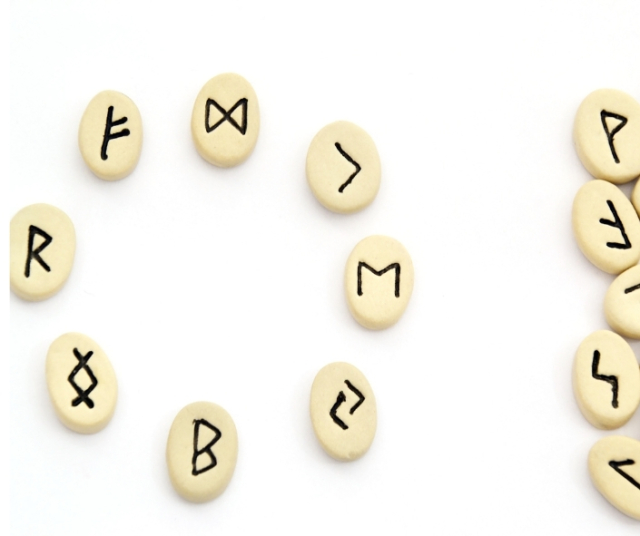
Norse runes are an ancient writing system used by the Germanic and Scandinavian peoples. In addition to their linguistic function, runes were also used for divination. Each rune has a specific meaning and is cast or selected randomly to obtain answers to specific questions.
Interpreting runes involves considering their position, orientation, and the surrounding runes. This method of divination not only provides answers to specific questions but is also used to gain broader perspectives on life and destiny.
Pendulum: The Movement of Energies
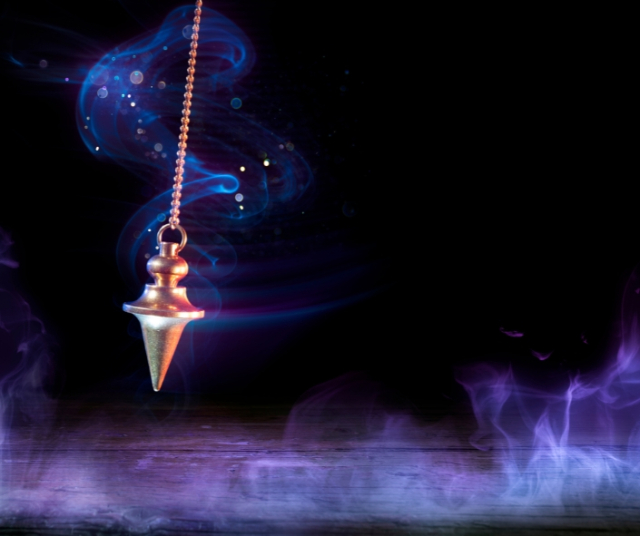
Using the pendulum for divination is a practice that involves holding a suspended object and observing its movements to obtain answers to specific questions. The pendulum is believed to channel the energies of the universe and respond according to truth.
The pendulum can be used on surfaces containing symbols, maps or cards to obtain answers to specific questions. Interpretation of the pendulum's movement can vary, and some practitioners even use it to search for lost items or diagnose health problems.
Bones and Shells: The Art of Orthomancy
Orthomancy is a form of divination that involves throwing bones, shells, or other small objects and watching how they fall and settle. This practice has roots in ancient times and has manifested itself in various cultures around the world.
Orthomancy practitioners interpret the arrangement and position of thrown objects to obtain answers to specific questions. Each object can have a unique meaning, and combining the results provides a more complete view of the situation or problem.
Divination by Dreams: Messages from the Subconscious

Dream divination involves interpreting dreams to obtain information about the future. Since ancient times, cultures around the world have believed that dreams can contain significant messages and premonitions.
Fortune tellers consider the elements and symbols present in dreams, as well as the associated emotions, to make predictions. In some cultures, certain dreams are believed to be omens of future events, while in others, dreams are interpreted as a window into the dreamer's subconscious.
Divination Through Nature: The Influence of the Elements
Nature has also served as a means for divination throughout history. Practices such as observing patterns in bird flight, animal behavior, cloud shapes or water currents have been used to predict future events.
By observing natural elements, diviners interpret signs and symbols that they consider messages from greater forces. In some traditions, connection with nature is fundamental to understanding harmony and imbalances in the universe.
Contemporary Perspectives
In contemporary society, divination has evolved and adapted as people seek answers and guidance in their lives. Although some divination practices are viewed with skepticism by the scientific community, they persist as an expression of the human search for meaning and understanding.
Modern technology has taken divination to new heights, with online tarot apps, electronic horoscope readings, and video conference fortune teller consultations. These developments have allowed divination practices to reach global audiences and become integrated into the daily lives of many people.
Ultimately, divination, in any of its forms, offers people a sense of control, comfort, and direction in a world full of uncertainty. Whether through stargazing, card throwing, or dream interpretation, these ancient techniques continue to be a fascinating testimony to the interconnection between the human mind and the universe that surrounds us. Divination, with its diversity and rich history, remains a reflection of human beings' eternal quest to understand the unknown and give meaning to their existence.






